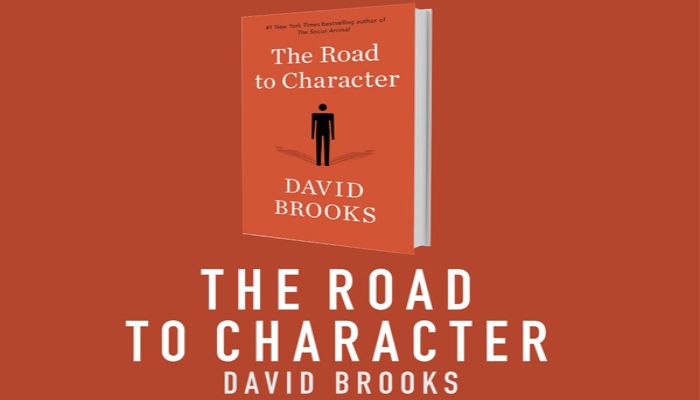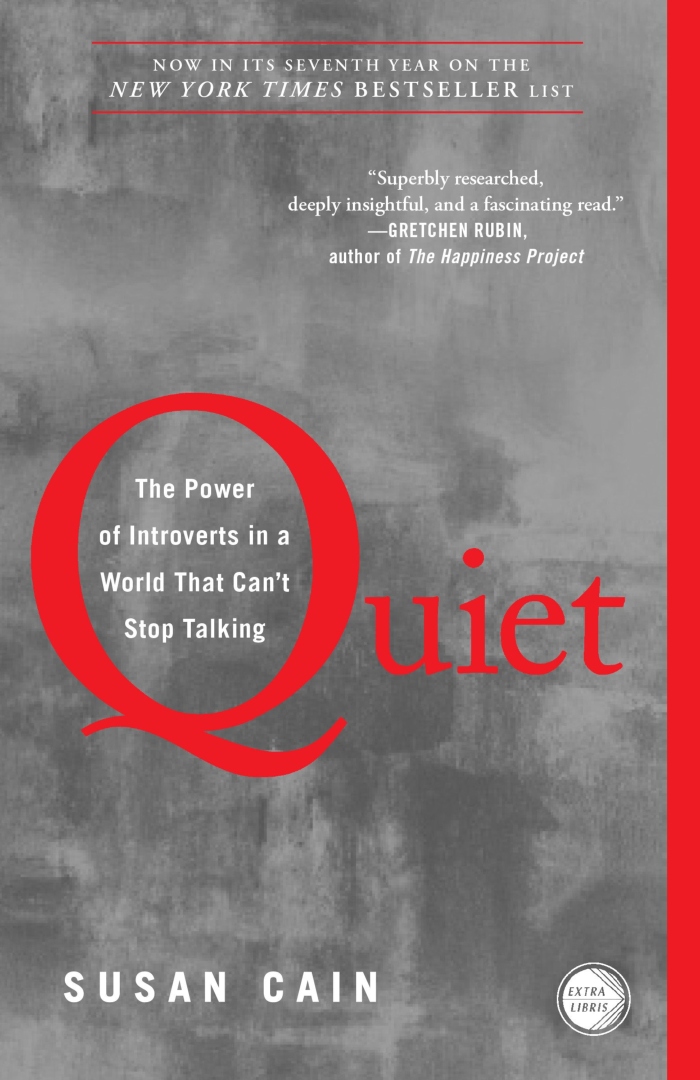Human dignity and the constitution
How does the state's failure to protect human dignity give rise to radical movements?
November 19, 2018

If there is one book you should read, it’s David Brooks, “The Road to Character.” Brooks, a celebrated columnist on politics, culture and social sciences for The New York Times, weaves a fascinating narrative of virtue and shallowness and what it means to find one’s own character.
The crux of his discussion, in the book, is a pair of clarifying terms called the “Resume virtues” and the “Eulogy virtues.” Resumé virtues, he proposes, are those that are valued in the contemporary marketplace: the high-test scores achieved by a student, the professional accomplishments pulled off by an adult. They are the skills that are met with bigger paychecks and public acclaim. Eulogy virtues, on the other hand, are the aspects of character that others praise when a person isn’t alive to hear them: humility, kindness, bravery and grace.
Our society, Brooks argues, exalts the résumé virtues, Brooks argues, but it overlooks the humbler eulogy virtues. We, however, know in our heart, that the eulogy virtues matter more in life.
Reading “The Road to Character” gave me pause and I asked some questions in my own head, which I shall humbly present here. Would you feel confident that if you die today, people will remember you for your kindness, empathy and graciousness? I am in no doubt that they will fondly reminisce about your skills and craft; “He was an excellent banker, handled my investments brilliantly” or your unique sense of perspective on politics, sports, pop culture, “He spoke passionately about Manchester United.” Would they remember specific worthy deeds of yours; helping someone in distress/tragedy; your humility; going above and beyond the call of duty for family or friends, let alone anyone else?
I wasn’t too confident about myself in passing the eulogy virtues. How do you feel?
I have been privileged enough to teach Jurisprudence and Legal Philosophy to undergraduate students in a university in Lahore for a good decade and a half. I am sometimes in awe of certain students who are astute, intelligent and eloquent and go on to become outstanding lawyers or achieve success in other vocations. They are aware and sensitive (much more than my generation) to political and social debates and can be polarizing in their opinions, which is a great thing sometimes because of a patent lack of critical discourse.
Yet, there have been so many who have been unable to initiate or respond to discussions in class precisely because they find it pointless to relate Thomas Aquinas, Marxism, Joseph Raz or even Feminism’s applicability to life. That is understandable because the same students haven’t really learnt to unlearn anything. The sound-bites on television and social media don’t help either. Every narrative is dumbed down and presented in a form that is easy to understand. Be it corruption, national security law or even religion, bereft of any nuance.
Once in a class on morality and law, I was explaining the concept of a moral dilemma faced by a judge in Apartheid South Africa, who had to adjudicate over legislation that blatantly discriminated against people of colour. The judge, a decent human being, is torn between obeying the law as an official, which is his job and obeying his own conscience, which is compelling him to resign. I asked my students whether they ever faced such a moral dilemma. Silence ensued, as it usually does. Some students hemmed and hawed until one answered that she was facing a moral dilemma either to continue her undergraduate degree or get engaged, as her parents were pushing her to do so. I stifled a giggle at the time, but upon reflecting on that example, realised that it was the nearest thing to a moral dilemma that these young men and women face. Our society is programmed not to engage in any real debate involving ethical issues, outside of genuine religious belief or lip service to such belief.
Take the profession of law itself. It is one of those unique services whereby you automatically increase your utility as a result of correcting or even rubbishing people’s preconceived ideas regarding the law. You are paid to speak confidently before a judge, with a certain degree of extroversion, and even volleying your opinions to actually sound more confident or even smarter than you really are.
As every neophyte and grizzled veteran in the profession would agree that it’s a hard, sometimes thankless and other times, wonderfully fulfilling field, legal advice is sometimes difficult to monetise because it's nebulous, unlike writing a prescription for a medicine or providing tangible goods.
In this backdrop, lawyers become more jaded, more cynical and display narcissism when it’s not in their nature to do so. I am no exception. When dealing with new clients and the promise of fresh work, I sometimes find myself unnecessarily demonstrating my knowledge of legal concepts whether they apply to the subject at hand or not. I talk incessantly more on a subject that I need to and to proffer advice which may go off a tangent just so that my worth is recognized. In such occasions I need to dig deep and remember the Latin proverb that res ipsa loquitor, “the thing ought to speak for itself.”

Susan Cain, author of the bestseller, “Quiet!” is a magnum-opus for its pinpoint accurate portrayal of introverts and their behaviours. A lawyer herself, she narrates an incident, when she, a self-avowed introvert, was in negotiation with another lawyer who was diametrically the inverse of her. He was loud and authoritative, aggressively quoting judicial precedents and distinctly drowning her out. She, as was her nature, found herself speaking softly, disagreeing gently and at all times, countering the other lawyer’s bravado with solid arguments, delivered politely. She thought she had made a mess of her negotiation, yet the other party called her back and not only agreed with her client’s position but also hired her as a retainer in subsequent matters because her temperate demeanour combined with her knowledge of the subject, impressed the client to no end.
In the age of narcissistic blowhards, be a Susan Cain. Give modesty a chance. It’s not faux modesty either; one can intuitively know when one is droning on one’s achievements. This is the time to bite one’s tongue and shift the discussion to other people and their interests.
The closest thing to Character under our Constitution is Article 14 titled “Inviolability of dignity of man” and provides that “the dignity of man and subject to the law, the privacy of home, shall be inviolable.” Inviolable is defined as sacred, unimpeachable. The Supreme Court in one landmark judgment has eloquently interpreted the dignity of man as a right to live a meaningful life, free of defamation or aspersions and has held that human dignity, honour and respect is more important than physical comforts and necessities.
These are powerful words. Unfortunately, there is a poverty of jurisprudence with respect to Article 14 and that’s unsurprising. Loss of reputation is standard fare because defamation laws are incorrigibly weak. Our conception of championing dignity is solely dependent on social status. That is why, radical movements, especially religious are powerful and compelling because people feel that they can look the state in the eye and make it understand their worth, amidst chaos and destruction.
Let’s start cultivating some eulogy virtues. Let us be remembered not only for our professional skills, marketability but also for decency and grace. Let us complain less, give more, be thankful for each day for health, the ability to speak, to perform our craft and each day with our loved ones. These are cliché’s, I gave you that, but are also objective and infallible truisms that we choose to ignore at our own peril.
In the end, this quote from Proverbs (16:32) sums Character rather well:
“He who conquereth his own soul is greater than the one who taketh a city.”
Good counsel, that we all should do well to heed.
Ali is a barrister in Lahore. He tweets at @RezaAli1980
Disclaimer: The opinions expressed in this article are those of the author and do not necessarily reflect the official policy or position of Geo News or the Jang Group.











